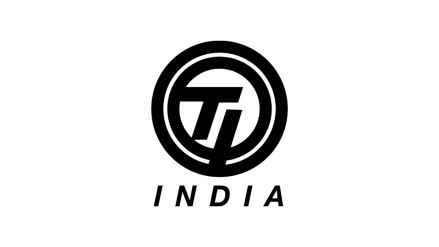Murugappa Group’s TI Clean Mobility is aiming to become one of the county’s top three players in the medium and heavy commercial vehicle segment and hit Rs 8,866 crore ($1 billion) in revenue by 2030, its managing director Jalaj Gupta said.
This target is on the back of new launches, aggressive expansion into battery swapping and a wider industrial client base beyond cement, including steel, shipping, ports, and mining, he added.
To support this push, the company, which sells its vehicles under the Montra Electric brand, on Sunday launched the Rhino 5538 4×2—a 55-tonne electric tractor-trailer available with both fixed and swappable battery options—and inaugurated a fully automated battery assembly plant to boost production and strengthen in-house capabilities.
The truck is priced at Rs 1.15 crore (ex-factory) for the fixed-battery variant. “In the next 4 to 5 years, in the truck segment we intend to be among the top three players in the electric medium and heavy commercial vehicle segment,” Gupta said.
TI Clean mobility’s targets
In FY25, the company’s consolidated revenue stood at Rs 660 crore. On its $1 billion target, he said, about 50% should be coming from the HCV, 20% from SCV, 20% from three-wheelers and 10% from tractor business.
To achieve 50% of its revenue target, the company would need to sell approximately 4,000 to 5,000 electric trucks. Gupta remains confident in the company’s ability to reach this milestone. He said the company has set up a production capacity of 6,000 trucks at its Manesar facility to meet the growing demand.
What do current trends suggest?
However, current market trends suggest that selling electric trucks remains challenging, despite government support through subsidies. The sector has not been able to utilise anything from the Rs 500 crore in incentives allocated under the PM E-Drive scheme, which was intended to support the sale of 5,643 electric trucks.
Moreover, according to Vahan data, fewer than 270 electric trucks were sold in the first nine months of 2025 (as of September 28), highlighting a significant gap between industry ambitions and actual market performance.
Currently, around five companies have launched electric trucks in the domestic market, while an equal number are expected to debut their products over the coming year. Key players in the segment include VE Commercial Vehicles, Tata Motors, Ashok Leyland, Olectra Greentech, Propel Industries, and IPLTech Electric.
Gupta explained that electric truck sales remain slow due to several challenges, including high upfront costs, limited charging infrastructure, range anxiety, and concerns about technology obsolescence. Currently, electric trucks cost around 2.5 times more than their diesel counterparts.
However, he noted that customers can achieve cost parity when electric trucks are used for more than 8,000 kilometers per month, reaching operational break-even compared to internal combustion engine (ICE) trucks. Gupta also emphasised that battery swapping will be essential in high-utilisation sectors—such as mining and ports—since a typical swap takes only 5 to 6 minutes and helps alleviate range anxiety.
Gupta also highlighted the company’s flexibility in adopting different business models, mentioning that it is exploring battery-as-a-service offerings. TI Clean Mobility has sold around 5,000 units in the first nine months of 2025, the majority of which were three-wheelers, according to Vahan data.
